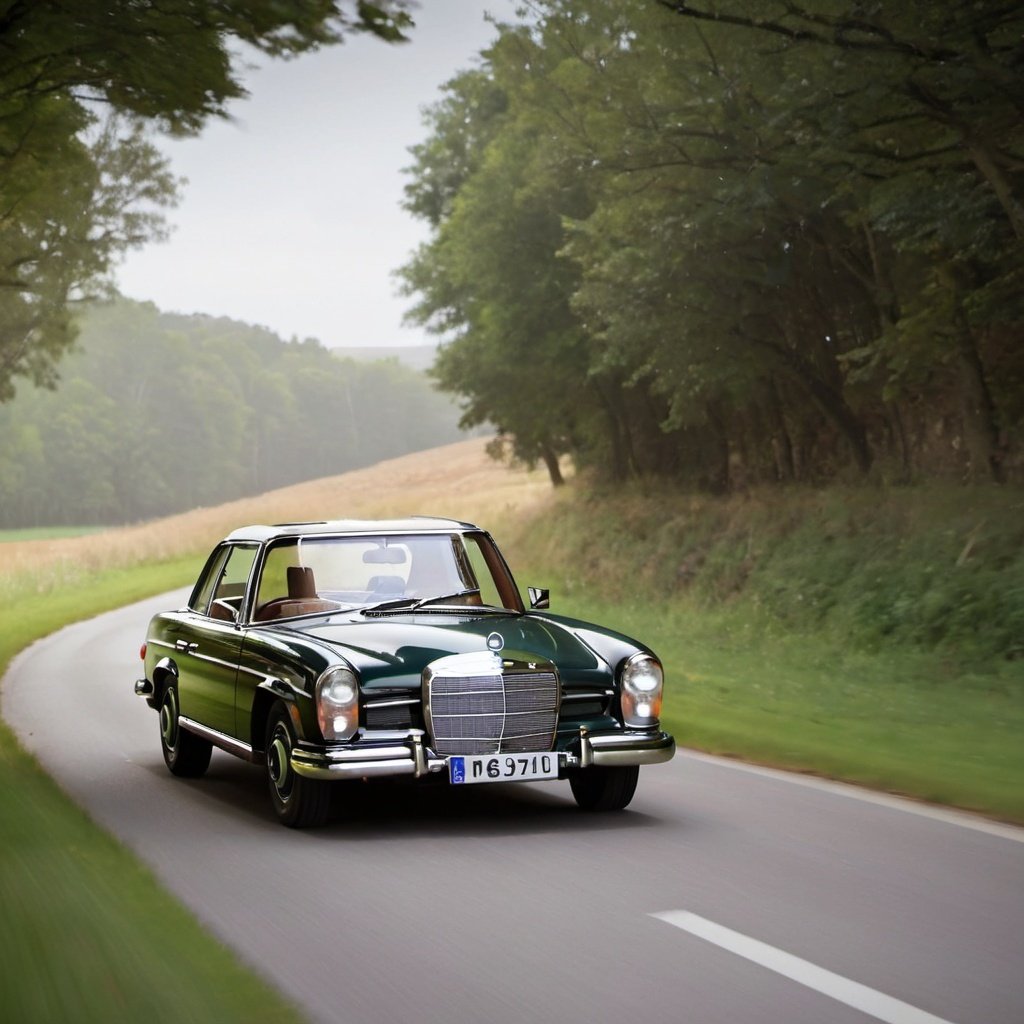Luxury Car Ownership
Mercedes Porsche Mechanic | Midtown Auto Repair | Sacramento
P. 916.382.7700
The Psychology of Luxury Car Ownership
The allure of luxury cars, epitomized by brands like Porsche and Mercedes-Benz, is not merely a matter of personal taste or appreciation for fine engineering; it is deeply rooted in psychological motivations. These high-end vehicles are not only modes of transportation but also potent symbols of status, self-esteem, and personal achievement. Understanding why individuals are drawn to luxury cars requires delving into the intricate relationship between psychological factors and consumer behavior.
At the core of the luxury car appeal is the concept of social status. Ownership of a prestigious brand like Mercedes-Benz can significantly elevate one’s perceived social standing. This is closely tied to the social psychological principle of ‘conspicuous consumption,’ a term coined by economist and sociologist Thorstein Veblen. It refers to the practice of spending money on luxury goods to publicly display economic power—to belong to a particular social class. The visibility that comes with driving a Porsche serves as a non-verbal communication to others about one’s rank in the social hierarchy, which in many cultures is a critical marker of success.
Furthermore, self-esteem is another crucial psychological element influenced by luxury car ownership. According to research, self-esteem is often linked to external validation and the personal significance one attaches to their possessions. Cars, especially luxurious ones, can be extensions of one’s identity and self-concept. Owning a Mercedes-Benz might not only reflect one’s taste but can also bolster self-esteem by enhancing how individuals perceive themselves and how they think they are perceived by others. It’s a form of self-affirmation; by owning a high-status item, individuals may feel a sense of accomplishment and recognition.
Additionally, the desire for luxury cars is frequently a reflection of personal achievement. For many, acquiring a car like a Porsche is not just a purchase but a milestone that signifies a notable success in their personal or professional lives. This aspect ties into the concept of ‘reward buying,’ where the purchase acts as a celebration or a personal reward for one’s hard work.
Psychologically, luxury cars satisfy deeper needs than just mobility. They are intricately linked to an individual’s psyche, impacting and reflecting their self-esteem, perceived social status, and personal accomplishments. As society continues to place a premium on symbols of success, the desire for luxury vehicles like Porsche and Mercedes-Benz is likely to persist, underpinned by these complex psychological dynamics.


